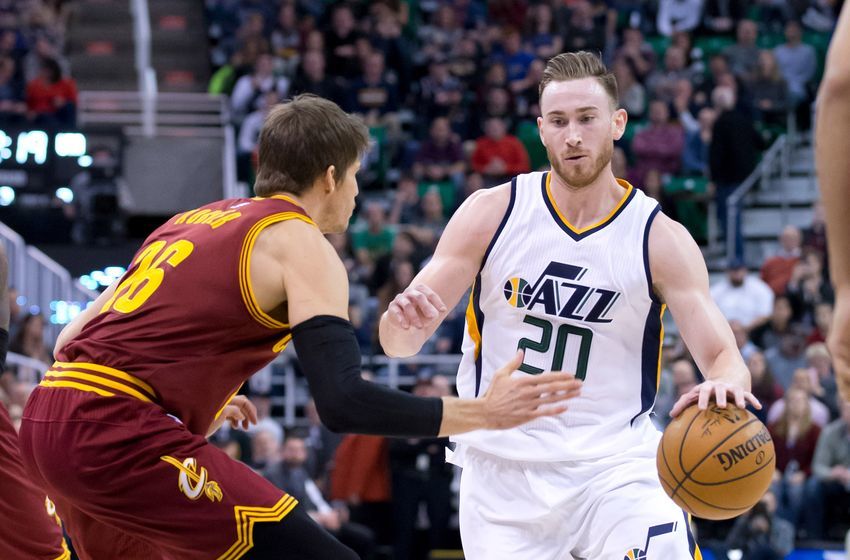By this point in his career, Kyle Korver has firmly established himself as one of the deadliest offensive threats in the league. He is second in the league this season in three point percentage – with an elite 45.4% – and recently passed both Jamal Crawford and Vince Carter on the All-Time NBA Career Three Pointers Made list – securing 5th place. Since joining the Cavaliers, his shot has gotten even better – shooting 50.0% from three while wearing the Wine-and-Gold.
However, he does come with some possible downside – his defense has been questionable this season. In the 56 games he’s played in 2016-17, he has allowed the players he defended to shoot 4.9% better from the field than their season averages, and 3.1% better on three point shots. This is noticeably worse than last regular season, where he held opponents to 0.8% lower from the field. His current Defensive Rating [a measure of points allowed per 100 possessions while on the court] has been by far the worst in his career – with both of his numbers on Atlanta and on Cleveland this year being higher than any previous season. In addition, the Cavaliers are allowing 2.7 less points per 100 possessions when Kyle Korver is off the court, as Korver has the third worst individual Defensive Rating on the team with only Deron Williams (who’s only played in three games, two of which were losses) and James Jones averaging worse.
The biggest question now is if this be an issue during the playoffs, where defensive intensity ramps up. Looking at Korver’s past defensive history, he does has the capability to fit perfectly into team defensive schemes – every season except this season he has had a better individual Defensive Rating than the Cavaliers’ current team rating. Last regular season, the Hawks’ defense – which was second best in the league – actually suffered when Korver was on the bench.
On the Cavaliers, the issue isn’t exactly a matter of not trying – Korver contests more shots per game than Kyrie Irving, takes the third most charges per game, and has the fifth highest average speed while playing defense. More of it has to do with the Cavaliers not having a steadfast defensive identity, in contrast with some of Korver’s previous Hawks’ teams, as the Cavaliers look to play through the offense. With the addition of an elite defensive veteran in Andrew Bogut, this may start to change for the Cavaliers’ bench. Wing players are sometimes able to play their man tighter outside when they have someone they can rely on down at the basket. In addition, with the return of Kevin Love and JR Smith – the Cavaliers’ top two players in terms of Defensive Rating – the defensive ability of the Cavaliers as a whole will markedly increase again.
With his offensive ability able to gel perfectly within the Cavaliers, Kyle Korver doesn’t need to be a defensive superstar. Nevertheless, respectable defense this season would make him that much more a threat on the court. While he continues to gain experience with the team, all signs seem to point towards him improving as the Cavaliers continue moving towards the playoffs, with the goal of winning back-to-back NBA Championship titles in mind.
